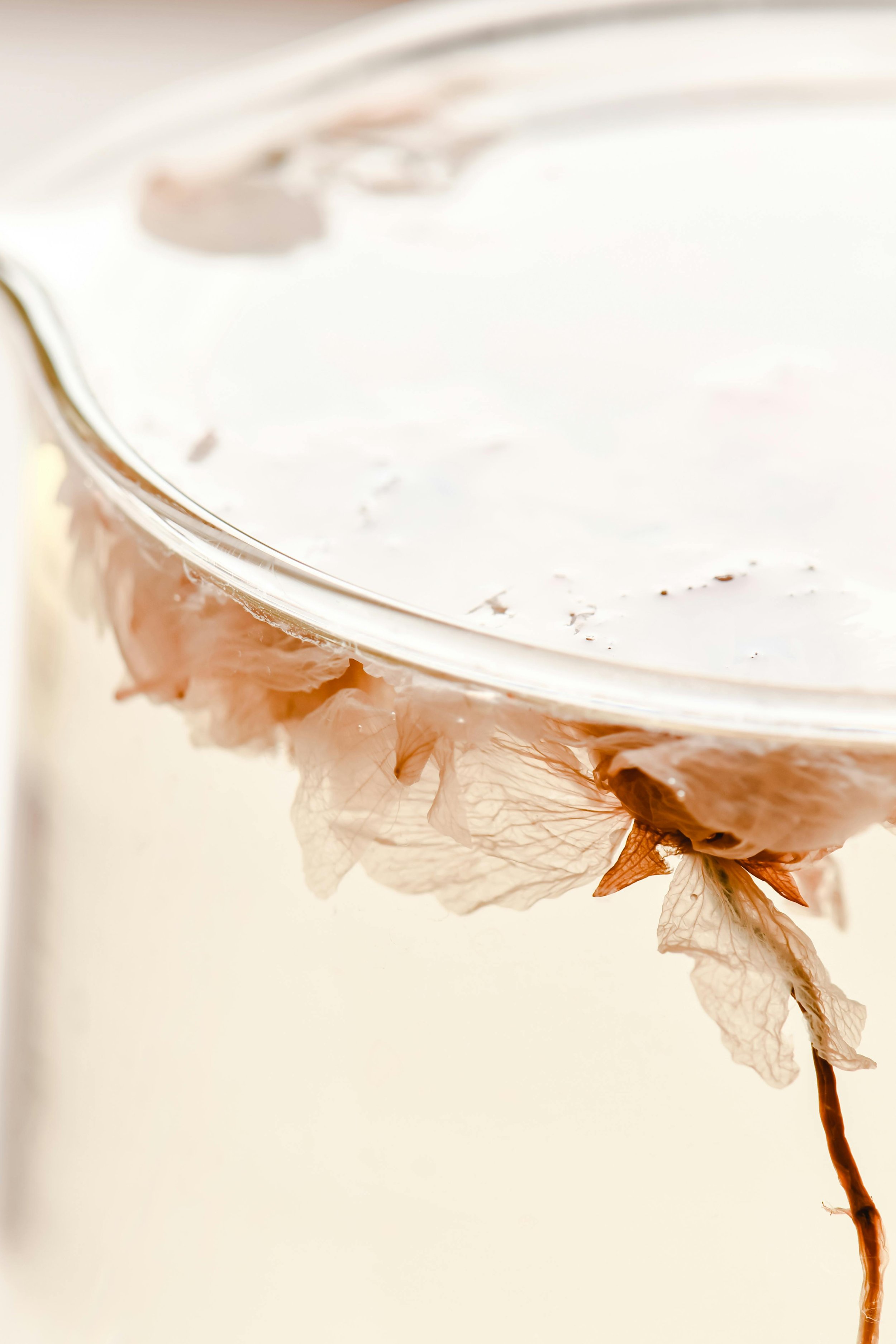
Our unique approach combines compassionate and knowledgeable providers, a deep understanding of you as an individual, a soothing and safe space to heal, and access to the latest innovations in mental health and medical treatment to confront and manage the root causes.
Conditions Treated With Integrative Approaches
Anxiety
Insomnia
Postpartum depression
Post traumatic Stress Disorder
Attention Deficit Hyperactivity Disorder (ADHD)
Covid Depression
Better Results With Integrative Medical Solutions
Integrative medicine approaches mental wellness from a holistic perspective, recognizing the interconnectedness of the mind, body, and spirit. Here are some integrative approaches commonly used for mental wellness:
Nutritional Therapy: A balanced diet rich in essential nutrients is vital for mental health. Certain nutrients like omega-3 fatty acids, B vitamins, and magnesium have been linked to mood regulation.
Mindfulness and Meditation: Practices such as mindfulness-based stress reduction (MBSR), meditation, and yoga can help reduce stress, anxiety, and depression by promoting relaxation and self-awareness.
Exercise and Movement: Regular physical activity has been shown to improve mood and reduce symptoms of anxiety and depression. Integrative approaches may include activities like tai chi, qigong, or dance therapy.
Acupuncture: Traditional Chinese medicine (TCM) practices like acupuncture can help regulate the flow of energy (qi) in the body, potentially alleviating symptoms of anxiety, depression, and insomnia.
Herbal Medicine and Supplements: Certain herbs and supplements, such as St. John's Wort, lavender, and valerian root, are believed to have mood-stabilizing properties. However, it's essential to consult with a healthcare provider before using them, as they can interact with medications or have side effects.
Psychotherapy: Integrative psychotherapy combines traditional talk therapy with complementary approaches like art therapy, music therapy, or equine therapy to address mental health concerns.
Biofeedback and Neurofeedback: These techniques involve using electronic monitoring to provide real-time feedback on physiological processes like heart rate variability or brainwave activity. They can help individuals learn to control their bodily responses to stress and improve mental resilience.
Massage Therapy: Massage can help reduce muscle tension, promote relaxation, and alleviate symptoms of anxiety and depression by stimulating the release of endorphins and oxytocin.
Environmental and Lifestyle Modifications: Integrative practitioners may also recommend lifestyle changes such as improving sleep hygiene, reducing exposure to environmental toxins, and fostering supportive social connections to enhance overall mental well-being.
These approaches are often used in combination with conventional treatments and can be tailored to meet individual needs and preferences. It's essential to work with a qualified healthcare provider who can create a comprehensive treatment plan that addresses all aspects of mental health.
Integrative Medical Approach
With any disease there is always a root cause. The root cause may be a deficit in the genetic profile, a nutrient deficit or excess, a body system that isn’t functioning in harmony with the rest of the body such as the gut or immune system or an environmental insult such as black mold.
The treatment approach is always personalized with both CAM, and if necessary, can include traditional pharmaceuticals along with supplements, and IV infusion therapy. We will identify the root cause through methods of evidence based testing:
The interventions are personalized and can combine both a western and eastern medicine approach to healing. Conditions that can be addressed include:
Insomnia
Menopause
Hormone imbalances
Low testosterone
Weight gain
Auto-immune disease
Thyroid disease
PCOS
Mold toxicity
Genetic defect related to Methylation.



